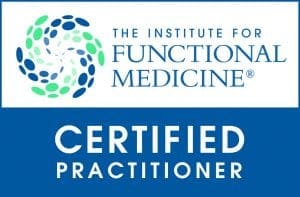Introduction There is a butterfly-shaped organ that is located at the base of a person’s neck known as the thyroid. The thyroid is part of the...
Category - Hyper Thyroid
Hyper Thyroid: Hyperthyroidism aka (overactive thyroid) is a condition in which an individual’s thyroid gland produces too many hormones for the body to function. Hyperthyroidism can accelerate the body’s metabolism significantly, which causes a person to have a sudden weight loss, rapid or irregular heartbeat, sweating, nervousness and or irritability.
A hyperthyroid can mimic other health ailments, which can make it difficult to diagnose. It can have a variety of symptoms that include:
Sudden weight loss, even when appetite along with the amount and type of food remain the same or increase.
Increased appetite.
Rapid heartbeat (tachycardia) more than 100 beats a minute.
Irregular heartbeat (arrhythmia).
Pounding of your heart (palpitations).
Nervousness, anxiety and irritability.
Tremors or trembling in the hands and fingers.
Sweating.
Menstrual pattern changes.
Increased sensitivity to heat.
Bowel pattern changes and more frequent movements.
Enlarged thyroid gland (goiter).
Fatigue, muscle weakness.
Difficulty sleeping.
Thinning skin.
Brittle hair.
For older people, the symptoms may not show or be subtle due to not progressing in the later stages. Also, medications called beta-blockers, which are used to treat high blood pressure and other conditions that can mask the signs of hyperthyroidism.
There are various treatment options are available as doctors use anti-thyroid medications and radioactive iodine to slow the production of thyroid hormones. Sometimes the treatment involves surgery to remove all or part of the thyroid gland. While hyperthyroidism can be serious if it is ignored, most individuals respond well once hyperthyroidism is diagnosed and treated.
Introduction In the endocrine system, there is a butterfly-shaped organ that is located at the base of a person’s neck. This is the thyroid and...
Dysfunction of the immune system is the common denominator of diseases like Grave’s disease (GD), Hashimoto’s disease (HD), and celiac...
Hormones are responsible for many functions throughout the body. The body depends on these levels to be stable and released at the proper time. For...
Supplementation and Endocrine Function
Endocrine function tends to decline with age, hormonal disorders, lifestyle, stress, and nutritional intake. Therefore, providing knowledge about how...















